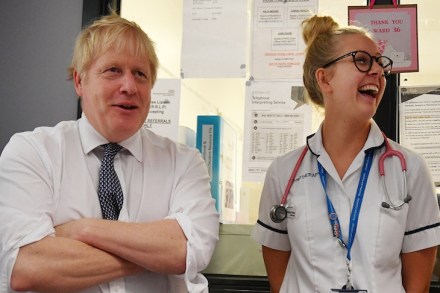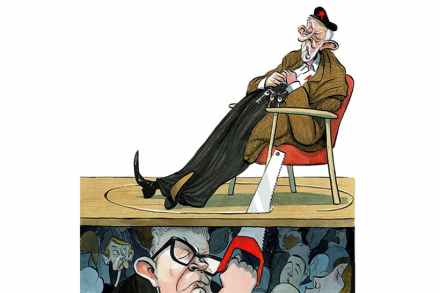The four crumbling pillars of the NHS
Now that the Tory party has a mandate for change, it is refreshing to hear that Boris has committed more resources to the NHS and started to reverse some of the government’s blatant own goals, such as the nurses’ bursary cut. But the exponential increasing demand on the service, especially amongst people with more than one chronic condition, and its inability to fill at least 40,000 nursing posts, 10,000 GP positions and 40,000 consultant posts, means money alone will not solve the current impasse. The main problem with the NHS is that it is treated like a religion and doesn’t suffer criticism well. And all attempts by politicians to improve
















